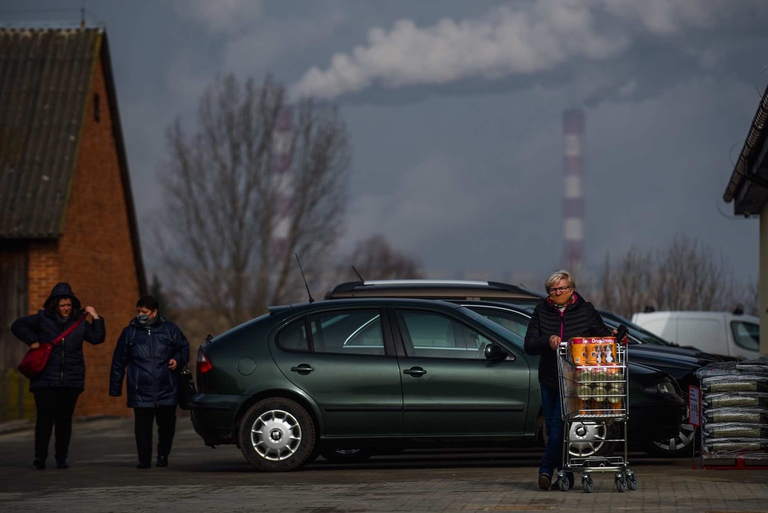https://www.lifegate.it/polonia-nucleare
- |
- Poland will build three power plants:the first will come into operation in 2033.
- A twenty billion euro investment that will lead to nuclear energy meeting a third of Poland's needs.
- The three power plants will be managed by foreign companies:one American, one Korean and one French.
There Poland will invest innuclear energy building three new power plants.The works they will begin in 2026 and the first nuclear power plant is expected to come into operation in 2033:it will be built by the US group Westinghouse electric.The second power plant will instead be entrusted to the South Korean company Korea Hydro and Nuclear Power, while the third should be built by the French EDF.
The project will cost overall twenty billion euros and, according to the Warsaw government, it will serve for eliminate dependence on coal:it is estimated, in fact, that the nuclear energy from the three plants will serve to satisfy almost a third of the national needs.

Not just nuclear:Poland promises to also focus on renewables
Currently the 70 percent of Polish electricity is produced thanks to coal.Such a high percentage is also due to the fact that Warsaw gave up importing Russian gas and oil after the attack onUkraine.
Poland he even promised that he would have closed all coal mines by 2049 but the war in Ukraine changed the cards on the table and so the Polish government had second thoughts.
But the excessive use of coal is incompatible with environmental objectives established by the European Union.Poland knows this well and in fact the government has announced that will build an offshore wind farm in the Baltic Sea and which will make greater use of solar energy and biomass, with the aim of further reducing the use of fossil fuels.
Coal causes earthquakes and pollutes groundwater
Coal mining continues cause damage in Poland, not only in terms of emissions:as reported by the German weekly Die Zeit, in Turów, on the border with Germany and the Czech Republic, coal has been mined for decades, going down to three hundred meters deep.According to geologists, in this area mining activities cause tremors earthquake and risk polluting aquifers.
In recent years, the European Commission has repeatedly asked Poland to block extractions of coal, but Warsaw expanded operations, announcing that will continue until 2044.In February, the governments of Poland and the Czech Republic signed an agreement, under which Warsaw committed to build a protective barrier underground that protects aquifers from pollution.

But there are those who oppose it
Poland has therefore decided that to combine energy security with environmental sustainability, it is necessary to convert to nuclear power.But not everyone agrees:the inhabitants of Lubiatowo, a small village on the Baltic Sea seventy kilometers from Gdansk, they organized a protest after learning that their country is expected to host the first of three nuclear power plants.Citizens fear that the construction of the plant could destroy a part of the forest and that it could pollute the coasts, a very popular tourist destination.
Rather, on nuclear power Poland should learn the lesson taking a look at other European countries.Let's take it for example France:for decades, Paris has relied on atomic power plants to produce energy but today many reactors are old and damaged, forcing the French to ask Germany for help in supplying electricity.
